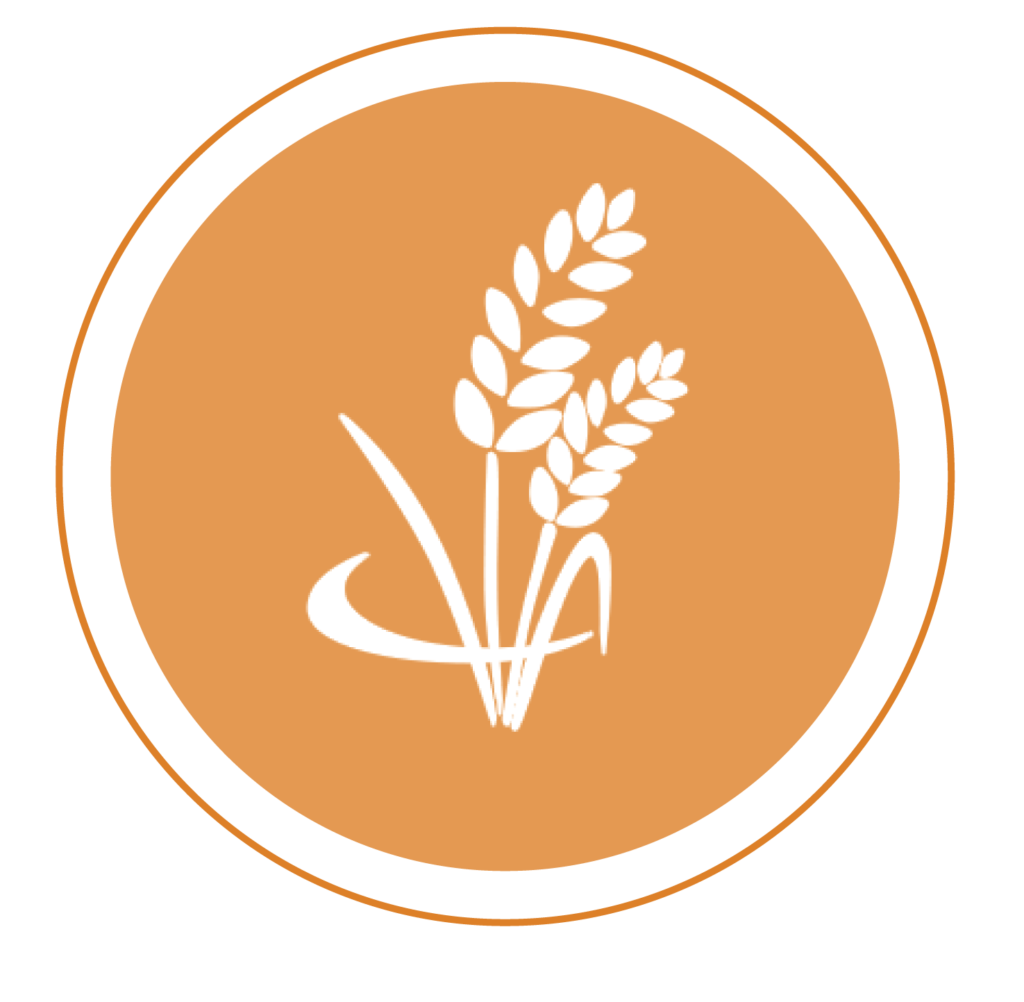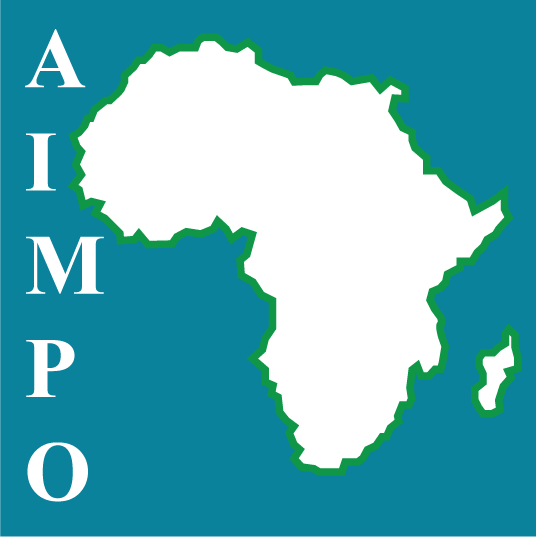Food Security

AIMPO’s Food Security program targets the UN’s second and sixth Sustainable Development Goals (SDGs) : End Hunger, Achieve Food Security, and Promote Sustainable Agriculture (SDG 2) and Water and Sanitation (SDG 6). The program aims to improve the livelihoods of our communities by working towards a sustainable increase in agricultural production (and sales) and enhancing food security.
As such, the Historically Marginalised People, formerly known as the Indigenous Batwa, are assisted in optimising the scarce pieces of land they own. In addition, AIMPO helps them to buy land and become part of agricultural cooperatives, which enables them to work together efficiently and effectively in order to escape the cycle of poverty.
AIMPO uses various approaches to educate Indigenous Batwa on the relation between agriculture and nutrition with the intention of empowering them to cultivate and consume locally grown nutritious foods. For example, in the districts of Musanze and Gicumbi, AIMPO has implemented food and nutrition community outreach programs.
Our Kitchen Garden model promotes dietary diversification by using improved agricultural techniques that conserve the community’s already limited resources. Furthermore, AIMPO provides nutrition trainings on topics like exclusive breastfeeding, supplemental feeding over ‘the first 1000 days’, peer nutrition counselling, and protein production and consumption. In order to ensure sustainability, we most often employ locally-owned and cascade-driven training strategies. These methods and projects also take into account the cultural and societal norms and focus specifically on how they impact women and children.
As such, the Historically Marginalised People, formerly known as the Indigenous Batwa, are assisted in optimising the scarce pieces of land they own. In addition, AIMPO helps them to buy land and become part of agricultural cooperatives, which enables them to work together efficiently and effectively in order to escape the cycle of poverty.
AIMPO uses various approaches to educate Indigenous Batwa on the relation between agriculture and nutrition with the intention of empowering them to cultivate and consume locally grown nutritious foods. For example, in the districts of Musanze and Gicumbi, AIMPO has implemented food and nutrition community outreach programs.
Our Kitchen Garden model promotes dietary diversification by using improved agricultural techniques that conserve the community’s already limited resources. Furthermore, AIMPO provides nutrition trainings on topics like exclusive breastfeeding, supplemental feeding over ‘the first 1000 days’, peer nutrition counselling, and protein production and consumption. In order to ensure sustainability, we most often employ locally-owned and cascade-driven training strategies. These methods and projects also take into account the cultural and societal norms and focus specifically on how they impact women and children.

